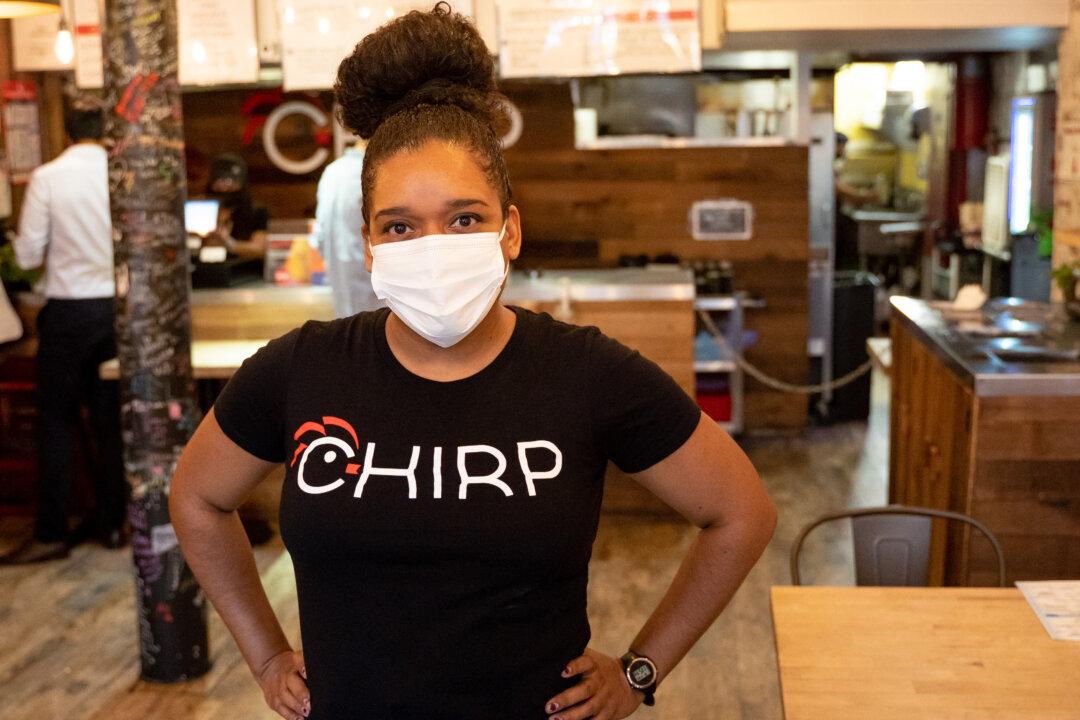NEW YORK CITY—Just as New York City restaurateurs thought they would perhaps see their way out of crushing COVID-19 restrictions and back to “normalcy,” the city’s government dealt another blow: Restaurants will now have to check customers for proof of vaccination, or themselves face fines.
In response, restaurant owners seem to have flocked to one of two positions. Some support the rule as long as it prevents more lockdowns, while others reject it as an unreasonable imposition on their already vulnerable operations.





